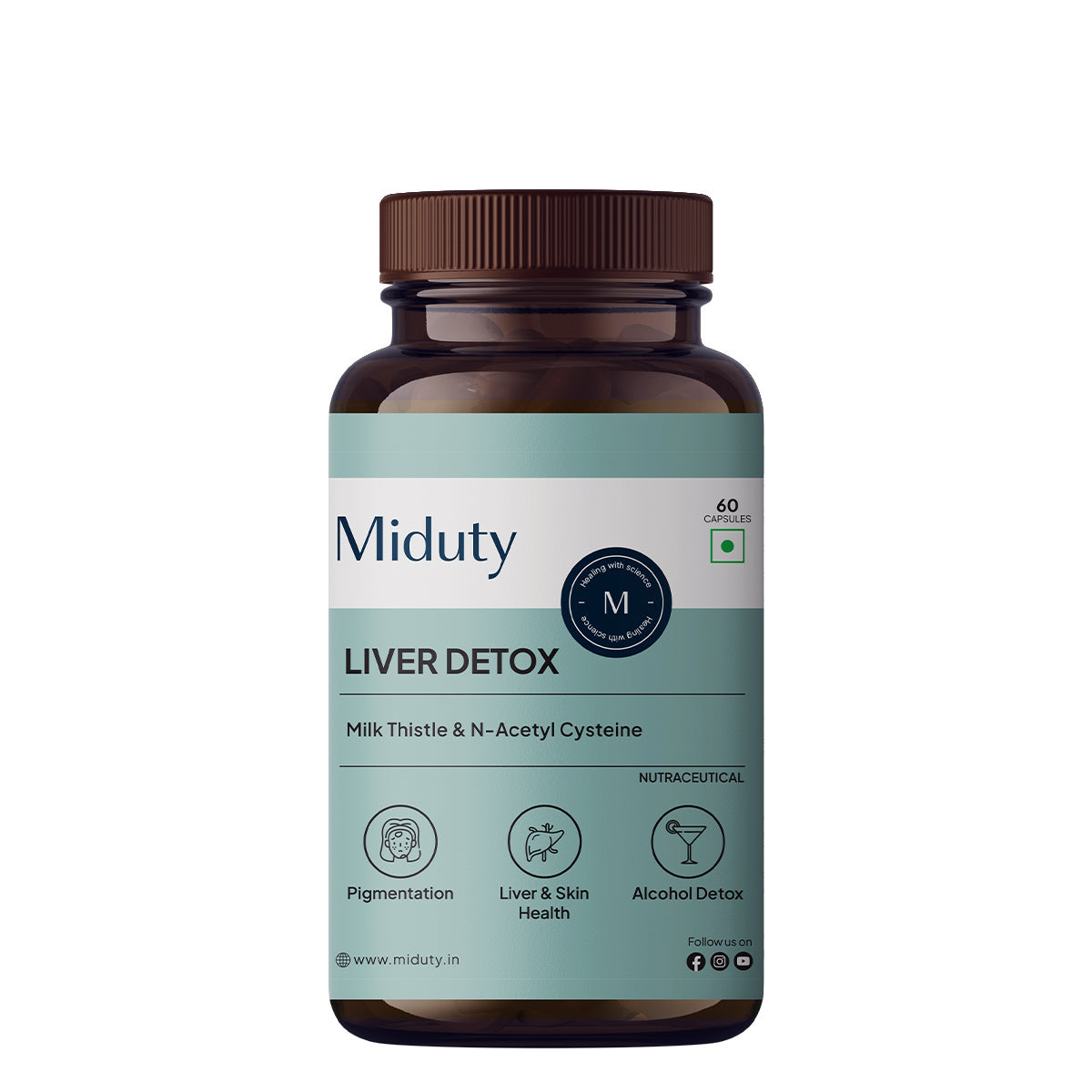
A Complete Guide on Collagen for Clear and Wrinkle Free Skin | How to Look Younger
 Share
Share
Skin cell structures deteriorate as we get older and natural collagen production starts to slow down. In addition to ligaments losing their flexibility and joints becoming stiffer, skin ages and sags. Checking our before and after photos makes us anxious. We begin to see indicators of age, such as weakening nails and skin wrinkles. Our skin determines our age, so it is essential to take care of it in order to look young.
There are many skin care products available in today's world of advertising. For instance, facials, masks, lotions to prevent aging, etc. People spend a significant amount of money on their skin and use a variety of high-end creams. Collagen is truly what they lack. Collagen is the only substance that prevents your skin from aging and works like magic.
In order to get the most out of any anti-aging lotion or treatment, you must include collagen in your diet. The first and most important ingredient you should utilize on your anti-aging journey is collagen, because it produces remarkable results. It promotes the quality of your hair and nails while also hydrating your skin and reducing wrinkles. Collagen reverses 80% of your aging signs within 3-4 months.
I'll discuss the many varieties of collagen, their advantages, and who needs to take them in this blog. I'll also discuss collagen research and whether or not collagen production in the body is a natural process. If you want a complete overview of collagen, keep reading.
What is Collagen
Collagen is the most abundant protein in the human body. Collagen is present in the tendons, muscles, skin, and bones. It is a vital part of connective tissue and is necessary in binding the cells of the body together. Similar to how glue sticks to a surface, collagen sticks to the skin and preserves it.
Collagen can also be found in
- Skin
- Cartilage
- Bone
- Tendons
- Blood Vessels
Collagen can be created by your body on its own. If you routinely take vitamin C and are under the age of 25, your body will create healthy collagen. However, if you are over 25, both the quantity and quality of the collagen your body produces will degrade.
According to the British Journal of Dermatology, collagen has a direct effect on the thickness of our skin. Your hands have incredibly thin skin if you look at them closely. Your veins can be seen even above the areas of your eyelids. This is because your body doesn't produce enough collagen, which causes your skin to become thinner.
In addition, collagen keeps skin elastic and helps it stay hydrated, both of which contribute to a younger-looking appearance.
What are the Sources of Collagen
Some of the sources of collagen include:
- Fish
- Eggs
- Chicken
- Bone Broth
- Plant Based
If you want a diet that is rich in collagen, it makes sense to eat chicken and fish because they have skin, bones, tendons, and ligaments that are made of collagen. However, a lot of vegetarians do not like to consume animal-based foods. These people need to consider collagen as a medicine rather than a non-vegetarian product. We must take collagen, just like we take any medication the doctor recommends without thinking twice, as it is essential and a key to reverse aging and having clear and wrinkle free skin.
Since collagen is predominantly found in animals, there aren't any vegetarian sources of it. However, you can benefit from collagen by consuming foods like those high in vitamin C, copper, and zinc that the body needs to produce collagen.
I have launched an Organic Plant Based Collagen product for all the vegan people. The combination of acai berry, bamboo shoot, sea buckthorn, rose petals, and acerola cherry separates it from the market and raises the product's level of excellence. Biotin and vitamin C are included, and there is no additional sugar. A large number of people have sent us their testimonials claiming that our collagen has shown them excellent results after using it for 3 months.
Types of Collagen
- Hydrolyzed Collagen
- Fish Collagen
- Bovine Collagen
- Plant Based Collagen
Tips to Buy Collagen
The industry offers many different kinds of Collagen Powder. Choose hydrolyzed collagen if you want to get high-quality collagen. It is a form of collagen that is produced through the breakdown of protein molecules into tiny particles. When you consume hydrolyzed collagen, effects are seen right away.
I usually take my collagen during the morning coffee time. Why do I take it? First off, my age is above 35, and secondly, I workout everyday so collagen keeps my joints intact.
If you’ve a knee injury, an auto-immune disorder, or you are going through menopause, then you need to take animal collagen along with MSM and Glucosomanine. These ingredients rebuild and make your knees and joints stronger. Recently, I launched a joint supplement called Build Joints Back which is very helpful for people who have undergone surgery and want to repair their joints. It is an advanced formulation and contains fish collagen which is also known as marine collagen. This collagen is extracted from fish and is widely used in the cosmetic industry.

The most common type of collagen powder available in the market is made up of Bovine Collagen.
Conclusion
- If you want to enhance your beauty features like your wrinkle free skin, nails and hair, then you must take Organic Plant Based Collagen.
- If you are suffering from an auto-immune condition where your knees are affected, or you’re going through menopause, then you need to take animal-based collagen.
The top food sources of collagen are animals and fish, so if you're wondering, "How can I obtain more collagen from food?" go no further. However, you can eat healthy sources of foods that contribute to collagen since your body can create its own with the appropriate dietary choices. Look for minerals that encourage the creation of collagen in the body from both animal and plant sources, such as vitamin C, zinc, copper, and other important nutrients.
References
https://pubmed.ncbi.nlm.nih.gov/1220811/
https://www.mendeley.com/catalogue/cf86a687-f099-3514-8322-9069330d4cd9/
https://www.healthline.com/nutrition/collagen

